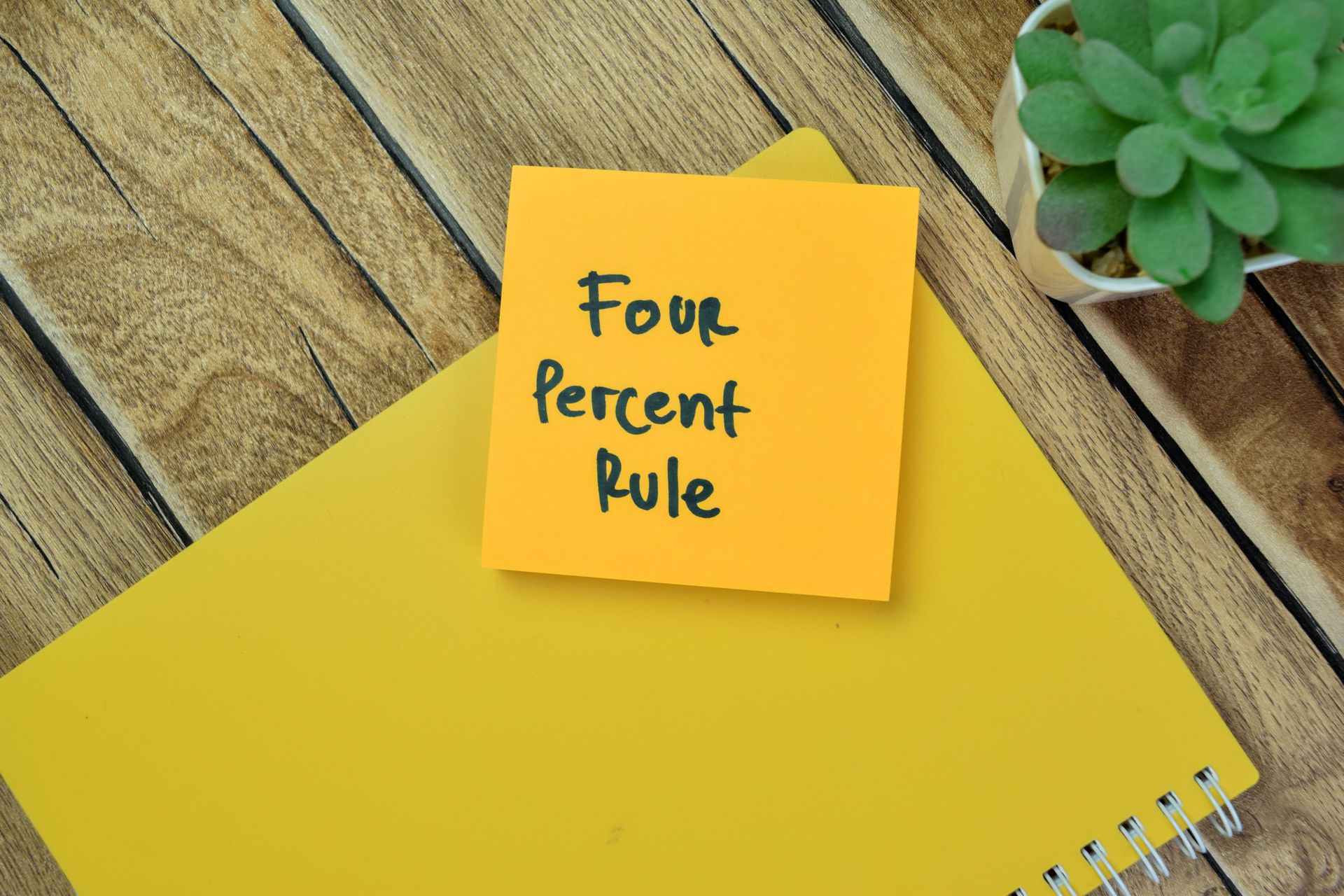Understanding Why Surplus Can Be Painful — The Hidden Cost of “More”
Because the pursuit of “more” often costs us what truly matters.
The Myth of More
We’re taught that more is always better — more money, more convenience, more comfort. But what if more is the problem?
When I fasted for a week earlier this year, it changed how I saw everything.
My taste buds adjusted, my cravings disappeared, and food that once felt indulgent now felt heavy. Having too much became painful.
That same truth applies to money.
Excess doesn’t create freedom — it dulls it.
“The more you have without purpose, the less you feel its value.”
How Surplus Numbs Awareness
When there’s always more, we stop noticing how much we waste.
We buy what we don’t need, keep what we don’t use, and justify every purchase as “deserved.”
The world makes that easy.
Auto-renewing subscriptions keep charging long after we’ve stopped using them. Next-day delivery removes the pause between wanting and buying.
Streaming upgrades, extended warranties, and “just one more click” all exist to remove friction — and awareness.
And when you stop feeling what you spend, you stop directing your life.
That’s how unnoticed spending — the extra meal kit, the unused gym membership, the app you forgot about — slowly steals your freedom.
“Comfort isn’t peace — it’s just quiet chaos.”
The Pain of Surplus
Surplus feels like safety, but without structure it becomes drift.
It gives the illusion of control while quietly eroding purpose.
It’s not that abundance is bad — it’s that abundance without alignment creates emptiness.
You can’t feel gratitude when you’re drowning in options.
You can’t find contentment when everything feels the same.
That’s why limits matter.
They sharpen focus, restore appreciation, and bring awareness back to what’s truly important.
“Limits don’t restrict you — they reveal what matters most.”
The Financial Minimalist Perspective
At Financial Minimalist, we teach that simplicity isn’t about cutting back — it’s about waking up.
When your money moves with structure and intention, everything changes. It’s not about denying yourself or living small.
It’s about making sure every dollar has a purpose, every expense has meaning, and every choice brings peace.
Because surplus without direction doesn’t create freedom — it creates fatigue.
“You don’t need more income. You need better circulation.”
Frequently Asked Questions
Does this mean I shouldn’t build savings or invest?
Not at all. Surplus is healthy when it’s intentional — when it serves your plan, not your impulses.
What happens when I already have “enough”?
Then it’s time to focus on alignment instead of accumulation. Purpose keeps surplus from turning into waste.
How does this connect to the Financial Minimalist Plan?
We help you give direction to your flow — using the same dollar to eliminate debt and build wealth at the same time.
Key Takeaways
- More isn’t always better — it can dull awareness and gratitude.
- Surplus without structure turns abundance into waste.
- Small, unnoticed habits quietly destroy cash flow.
- Financial structure restores peace and purpose.
- True freedom comes from alignment, not accumulation.
Final Thought
Surplus feels like security, but it can quietly disconnect you from what matters.
When you simplify, you don’t lose — you regain awareness.
You start seeing value again, feeling gratitude again, and living with purpose again. That’s the Financial Minimalist Perspective — where structure brings peace, and simplicity builds freedom.
“You don’t need more to feel full. You just need less noise.”









